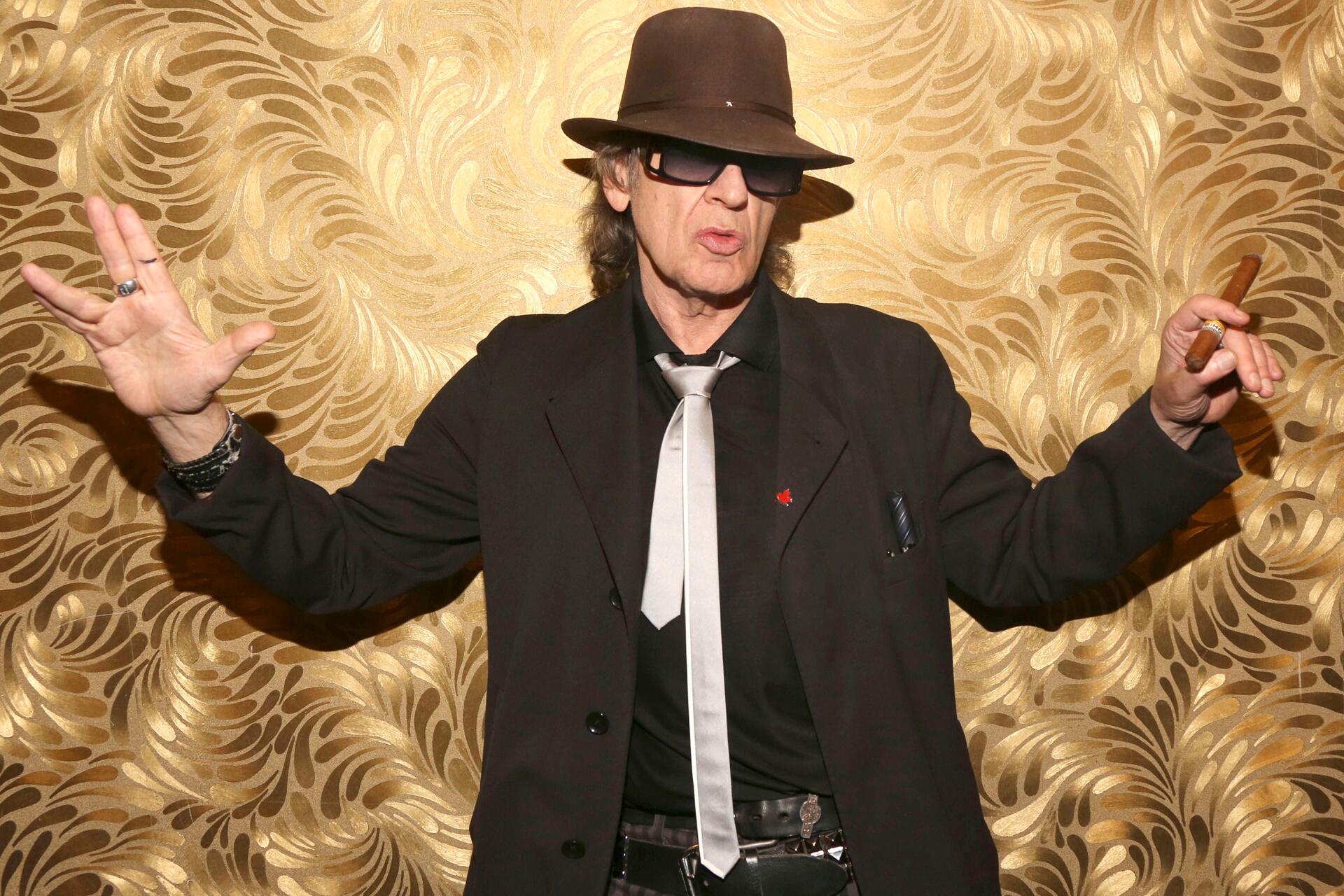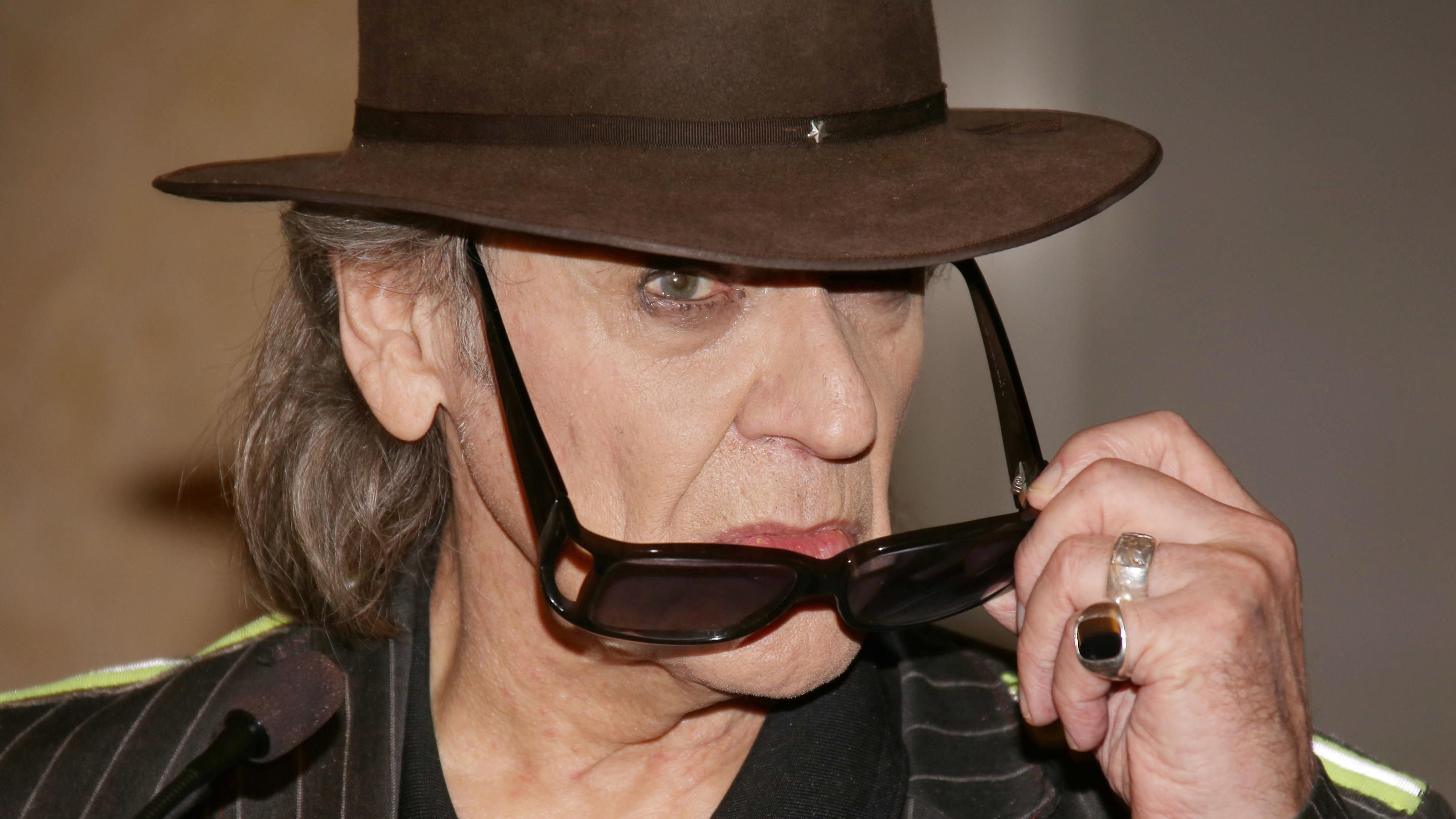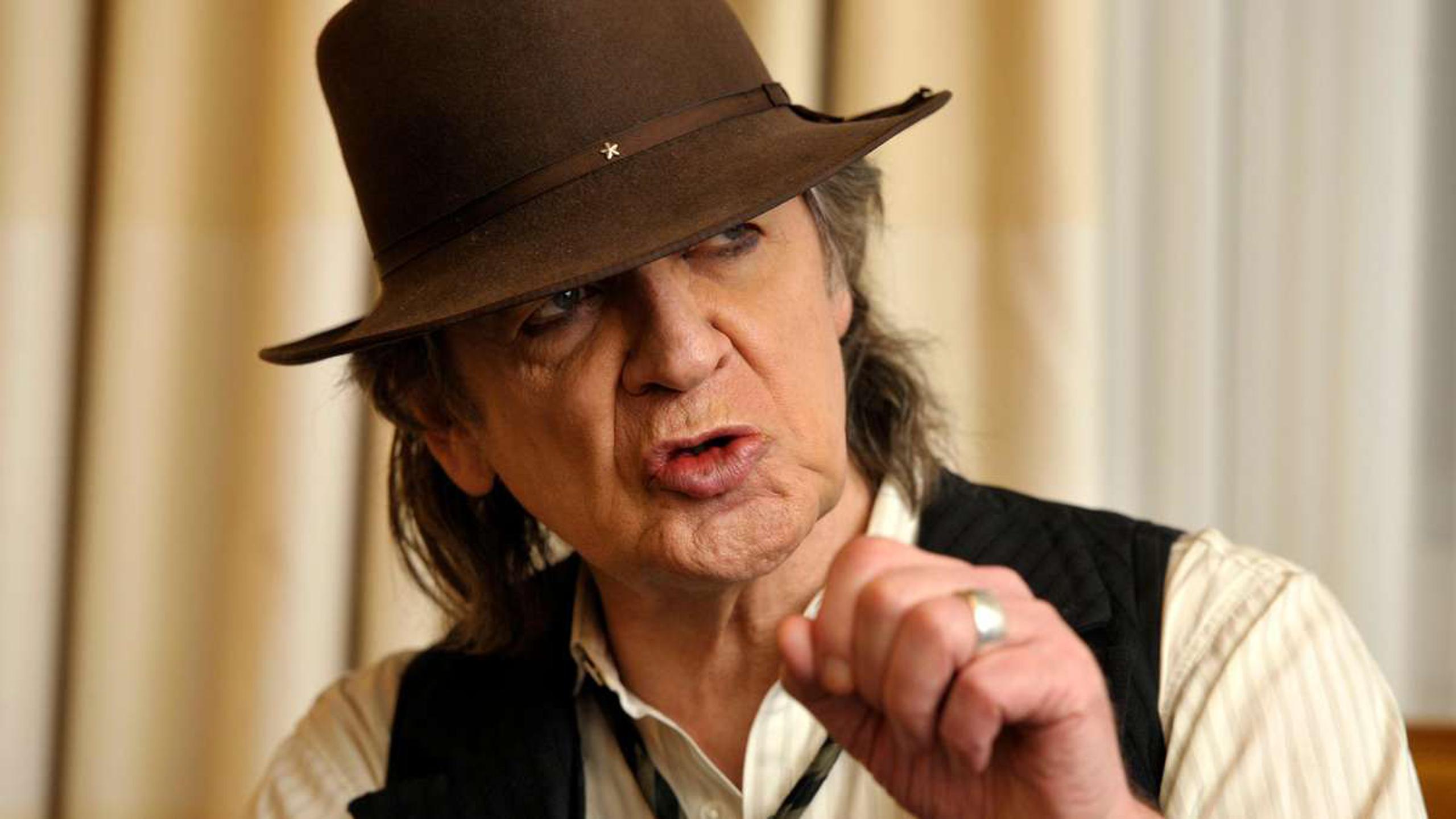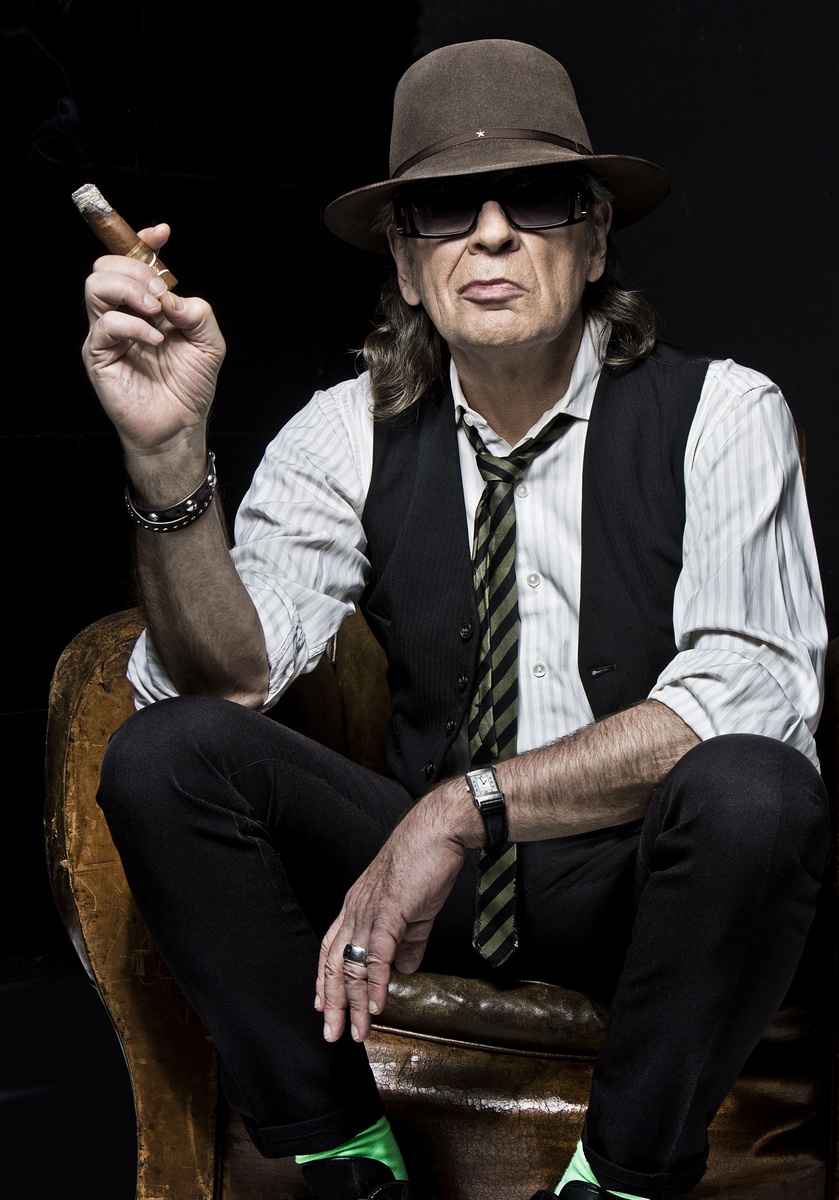Udo Lindenberg: The Rock Star Known for His Bold Political Views
Introduction
Udo Lindenberg, a German rock star renowned for his music, distinctive hat, and bold political views, has been a prominent figure in the German cultural landscape for over five decades. His music, often laced with social commentary, has resonated with audiences both domestically and internationally, solidifying his status as an influential voice for political change. This essay critically examines the complexities of Lindenberg's persona, exploring the ways in which his music, lyrics, and public statements have intersected with politics and shaped his image as a political activist.
Lindenberg's Early Life and Influences
Born in Gronau, West Germany in 1946, Lindenberg's formative years were marked by the social and political turmoil of post-World War II Germany. The division of the country and the rise of the Cold War deeply influenced his worldview, instilling in him a keen awareness of the complexities of international relations and social justice. Lindenberg's early musical influences included American rock 'n' roll legends such as Chuck Berry and Elvis Presley, whose rebellious spirit and evocative lyrics fueled his own artistic aspirations.
Music and Lyrics as Political Commentary
Lindenberg's music, from the early days of his career with the band Panik in the 1970s, has consistently addressed socio-political issues. His lyrics often criticized the establishment, government policies, and social injustices. Songs such as "Sonderzug nach Pankow" (Special Train to Pankow), released during the Cold War, became anthems for peace and reconciliation between East and West Germany. Lindenberg's sharp wit and satirical lyrics resonated with audiences, making him a powerful voice against political oppression and social divide.
Public Statements and Activism
Beyond his music, Lindenberg has been an outspoken political activist throughout his career. He has actively supported numerous social and environmental causes, including anti-nuclear campaigns, peace movements, and the fight against poverty. His public statements, often delivered through interviews, speeches, and songs, have consistently conveyed his commitment to social justice and human rights. Lindenberg's activism has earned him both praise and criticism, with some accusing him of blurring the lines between art and politics.
Critical Perspectives on Lindenberg's Politics
Critics have argued that Lindenberg's political activism has compromised the apolitical nature of his music, potentially alienating audiences who prefer to separate art from politics. Some have also questioned the effectiveness of his public statements, suggesting that they may have minimal impact on policy decisions or social change. Others have accused him of exploiting his celebrity status for personal gain rather than genuine political engagement.
Scholarly Research and News Articles
Scholarly research and news articles provide valuable insights into the complexities of Lindenberg's political views. A study by German musicologist Professor Dr. Rolf-Dieter Arens analyzed the political symbolism in Lindenberg's songs, highlighting the ways in which his lyrics reflect his socio-political beliefs. An article published in the renowned German newspaper Süddeutsche Zeitung explored Lindenberg's role as a political activist, examining his public statements and their impact on public discourse.
Conclusion
Udo Lindenberg is a multifaceted figure whose music, lyrics, and public statements have intertwined with politics, shaping his image as a political activist. His bold political views, expressed through his songs and speeches, have resonated with audiences and sparked discussions on important social and political issues. While some have criticized his mixing of art and politics, his activism has earned him praise as a voice for social justice.
Lindenberg's legacy as a political rock star is complex and nuanced. His music and activism have contributed to a broader cultural dialogue on politics and social issues in Germany, influencing generations of musicians and activists alike. His enduring popularity and continued relevance in public discourse suggest that the intersection of music and politics remains a powerful force in shaping societal discourse and advocating for social change.
Shizuka Kudo: Singer, Wife Of Takuya Kimura, And Icon
Lionel Messi: The Magician Who Conquered The Football World
Sayuri Yoshinaga: The Actress Who Shaped Japanese Cinema’s Golden Age



